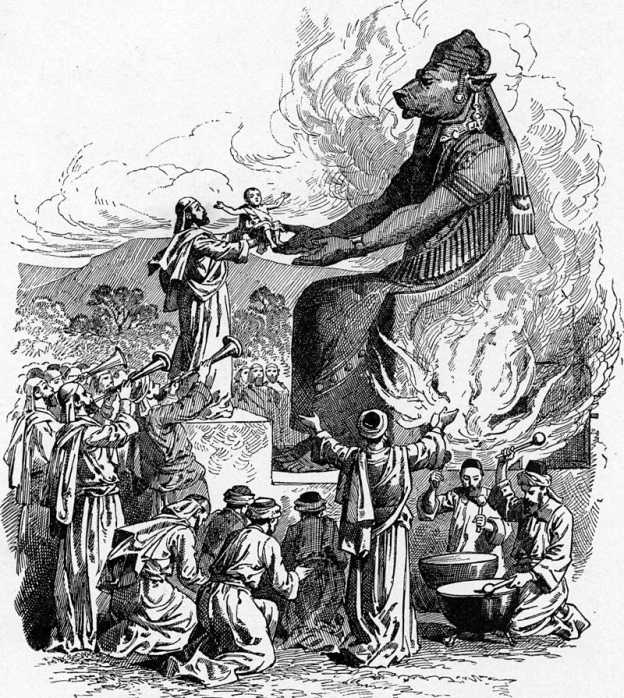“What I learned growing up in a war-torn region is that a brave nation fights because it must; a cowardly one fights because it can.”—ilana mercer
I have published this message every Memorial day, since 2009, softened slightly for taste.
Robert Glisson, a veteran and a longtime reader—where are you, Robert?—was once asked to write an op-ed for Barely A Blog about the “Patriot Guard Riders.” The op-ed, entitled “For The Love of A Brother-In-Arms, And ‘Big Brother’ Be Damned,” was prefaced with this comment:
“I do not identify with the military mission, but who can fault the humanity of the effort?”
It is the habit on the Memorial Day weekend to thank uniformed men for their sacrifice. And it is the annual custom on Barely A Blog to extend sympathies to the Americans who fight phantoms in far-flung destinations. I’m sorry they’ve been snookered into living, dying and killing for a lie. But I cannot honor that lie. I mourn for them, as I have from day one.
I am sorry for those who’ve enlisted thinking they’d fight for their countrymen and were subjected to one backdoor draft after another in the cause of illegal, unjust wars and assorted informal attacks. My heart hurts for you, but my worshiping at Moloch’s feet will not make you feel better, deep down.
I honor those sad, sad draftees to Vietnam and to WW II. The first valiant batch had no option; the same goes for the last, which actually fought a just war. I grew up in Israel, so I honor those men who stopped Arab armies from overrunning our homes. In 1973, we came especially close to annihilation.
I can legitimately claim to know of flesh-and-blood heroes who fought so that I could emerge from the bomb shelter (in the wars of 67 and 73) and proceed with my kid life. I always stood in their honor and wept when the sirens wailed once a year. Wherever he is, every Israeli stops on that day and stands still in remembrance. We would have been physically overrun by Arabs if not for those brave men who defended the homeland—and not some far-away imperial project—with their bodies.
But can we Americans, in 2021, make such a claim? Can we truly claim that someone killed an Iraqi, Afghani, Yemeni, Libyan or Syrian so that we may … do what? Remind me?
How fast the so-called small-government types forget that the military is government. As explained in “Your Government’s Jihadi Protection Program“:
“When Republicans and conservatives cavil about the gargantuan growth of government, they target the state’s welfare apparatus and spare its war machine. Unbeknown to these factions, the military is government. The military works like government; is financed like government, and sports many of the same inherent malignancies of government. Like government, it must be kept small. Conservative can’t coherently preach against the evils of big government, while excluding the military mammoth.”
“Classical Liberalism And State Schemes“ further suggests how the military, as an arm of the state, can become antithetical to the liberty of its own citizens and the world’s citizens:
We have a solemn [negative] duty not to violate the rights of foreigners everywhere to life, liberty, and property. But we have no duty to uphold their rights. Why? Because (supposedly) upholding the negative rights of the world’s citizens involves compromising the negative liberties of Americans—their lives, liberties, and livelihoods. The classical liberal government’s duty is to its own citizens, first.
“philanthropic” wars are transfer programs—the quintessential big-government projects, if you will. The warfare state, like the welfare state, is thus inimical to the classical liberal creed. Therefore, government’s duties in the classical liberal tradition are negative, not positive; to protect freedoms, not to plan projects. As I’ve written, “In a free society, the ‘vision thing’ is left to private individuals; civil servants are kept on a tight leash, because free people understand that a ‘visionary’ bureaucrat is a voracious one and that the grander the government (‘great purposes’ in Bush Babble), the poorer and less free the people.”



